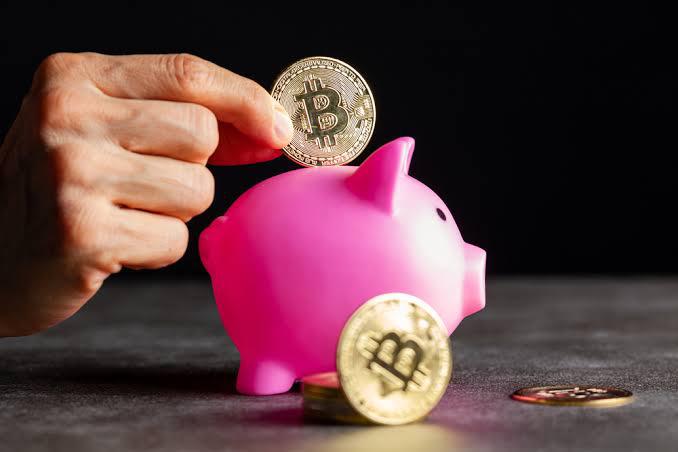The Possible Effects of CBN's Recent Decision on Finance: The Legalization of Cryptocurrencies
The Central Bank of Nigeria banned cryptocurrency transactions in February 2021 due to concerns about money laundering and terrorist funding. The ban barred banks and financial organizations from storing, trading, or interacting with cryptocurrencies. However, the prohibition had a number of negative consequences. It reduced regulators' visibility and control over cryptocurrency trading, making it less secure and challenging to monitor.
Additionally, it facilitated the expansion of the peer-to-peer (P2P) cryptocurrency market in Nigeria, which subsequently achieved global dominance. Nonetheless, the recent decision by the CBN to revoke the ban on cryptocurrencies represents a noteworthy achievement. It signifies an expanding acknowledgment of the advantages and prospects that such technologies may present.
A primary advantage of eliminating the ban on cryptocurrencies is that it could promote financial empowerment in Nigeria. The liquidity of cryptocurrencies is greater than that of traditional assets, while their returns are higher. Furthermore, they can streamline global trade by mitigating the expenses, risks, and difficulties linked to foreign exchange, money transfers, and payments.
Financial Inclusion and Regulatory Systems
The achievement of some sustainable development objectives is dependent on financial inclusion. For many, it represents a means to an end—the alleviation of poverty, the creation of jobs, the accumulation of riches, and the enhancement of social welfare and the quality of life. Additionally, the elimination of the crypto ban could encourage technological advancement.
With the fast development of the cryptocurrency industry, Nigeria can take advantage of this new trend to boost its economy, diversify its revenue streams, and compete more effectively worldwide. The advantages of removing the crypto ban are apparent, but new regulations must be put in place to prevent irresponsible use. Currently, the Securities and Exchange Commission (SEC) is taking steps to classify cryptocurrency as a digital asset and provide the groundwork for regulating it. With appropriate rules, there could be a safe place for new ideas to grow.
Even though crypto assets have existed for over a decade, regulatory efforts have only recently risen to the forefront of the policy agenda. This regulation will apply to various well-known cryptocurrency applications and websites in Nigeria. Numerous reputable cryptocurrency exchange websites, such as Cordial Exchange, welcome individuals who are prepared to engage in cryptocurrency trading. Cordial Exchange enables the buying and selling of digital currencies, including Bitcoin, gift cards, and perfect money.
Integration of Cryptocurrencies
Several procedures must be followed to enter the financial system successfully. The first step is for banks and other financial institutions to learn more about cryptocurrencies and how to incorporate them into their present services. They must change their perspective from seeing cryptocurrencies as rivals to possible collaborators.
The crypto business is mostly unregulated, but banks may help provide stability by providing security and assurance. Also, they must provide an application for managing risks in their and their customers' transactions. Lastly, financial institutions should tap into decentralized finance (DeFi) business models and staking as potential new sources of income.
Following similar bans, some nations have included cryptocurrency in their banking systems. Countries like Russia, Venezuela, and Iran have also embraced cryptocurrency to cope with GDP levels, corruption, and international sanctions. Case studies from various countries show, however, that cryptocurrency integration into the financial system is achievable with the correct procedures.







